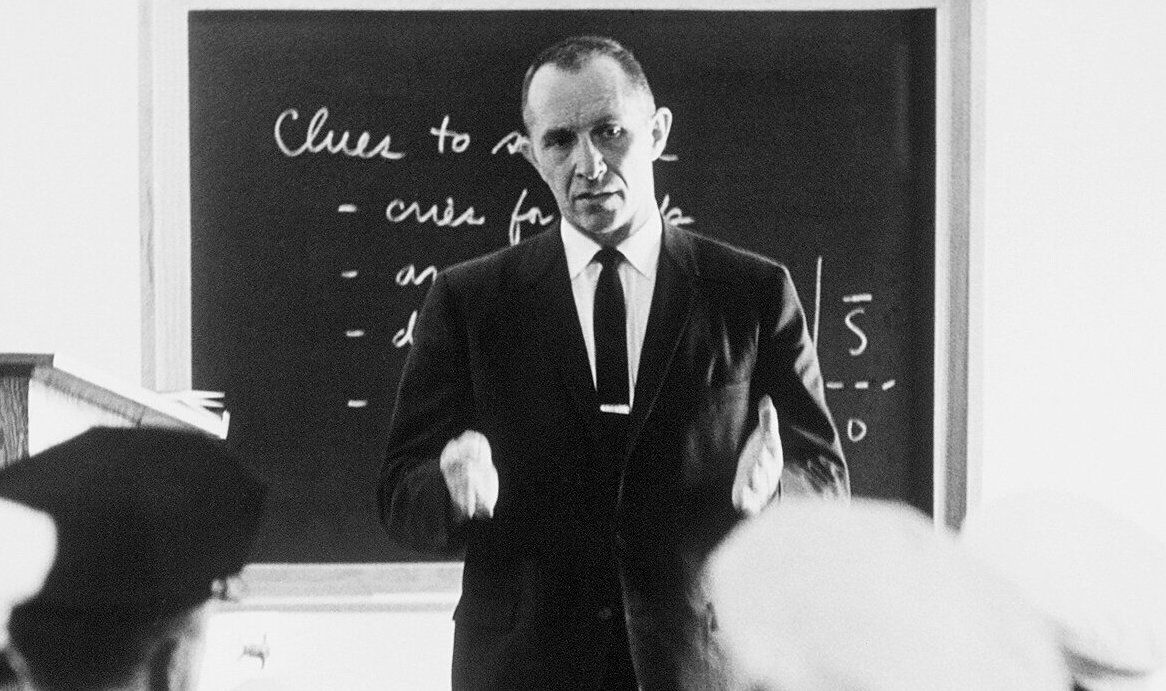
Norman Farberow was an American psychologist who devoted his life to the study of suicide. Because of his ground-breaking work, Norman came to be known as the “Father of Suicide Prevention.”
Born in Pittsburgh in 1918, Norman served in WW2 as an Air Force Captain. After the war, he earned his doctorate in psychology from UCLA. While still a student, Norman worked at the VA hospital, in the ward for suicidal patients. He realized that there was very little research about suicide. The taboo surrounding the subject was so strong that nobody was talking about or studying it. Norman felt that understanding what caused suicide was essential to preventing it. “Suicidal people are made, not born. We can therefore unmake them as we learn more about the roots of self-destructive behavior,” he said.
In the early 1950’s, Norman successfully petitioned to be named Deputy City Coroner of LA, which gave him access to autopsy reports. He and psychologist Edwin Shneidman pored over decades of files to analyze over 700 suicide notes. They noticed ambivalence and doubt in many of the notes and realized that suicide is not a decision but a reaction. Norman’s work upended prevailing myths about suicide. When he began studying the subject, it was commonly assumed that a person must be psychotic to commit suicide. Norman found that only 15% of suicidal people were psychotic. The vast majority of those who kill themselves are severely depressed.
Norman also disproved the myth that people who talk about killing themselves don’t actually do it. In fact, most people who kill themselves tell others about their plans. With Shneidman and psychiatrist Robert Litman, Farberow created the “psychological autopsy,” a series of interviews with family and friends to determine whether a death was a suicide, and if so, why it happened. Norman’s most famous case was Marilyn Monroe. He conducted the psychological autopsy that concluded she had deliberately overdosed.
Norman created a protocol for nonjudgmental listening that is now standard procedure in crisis centers. It begins with a question as simple as “How may I help you?” In 1958, Norman and Robert Litman created the first Suicide Prevention Center, which became a model for other centers around the world. In the early years, Norman himself answered the phone and spoke with 3-4 people a day. In 1963, the SPC pioneered the 24-7 help line. By 1970, the center had a staff of 20 and handled more than 6000 calls a year. More than 100 similar centers opened around the country.
Norman published numerous books and articles about suicide and founded the International Association of Suicide Prevention. In 1965, Norman started training law enforcement officers on the most effective ways to prevent suicide. Norman expanded his field to include the loved ones left behind after a suicide. In 1981, he founded the first Survivors After Suicide support group. Norman’s daughter Hilary Farberow-Stuart said her father’s greatest strength was his ability to listen. “He was able to be there, and instead of judging in any way, shape or form, he was able to be quiet and look at the situation and ask what was needed and what would help… That was his soul’s work.”
Norman Farberow died on September 10, 2015 at the age of 97. Incredibly, September 10 is World Suicide Prevention Day – a day made possible by Norman’s life’s work.
For his dedication and perseverance in saving untold numbers of people, we honor Norman Faberow as this week’s Thursday Hero.
Get the best of Accidental Talmudist in your inbox: sign up for our weekly newsletter.